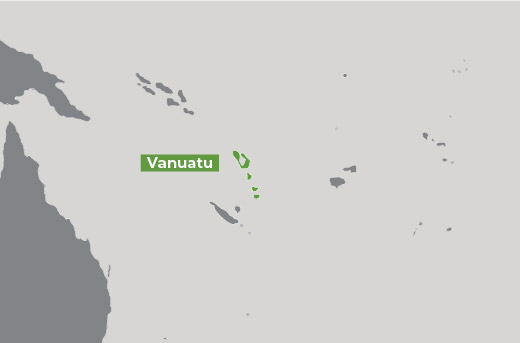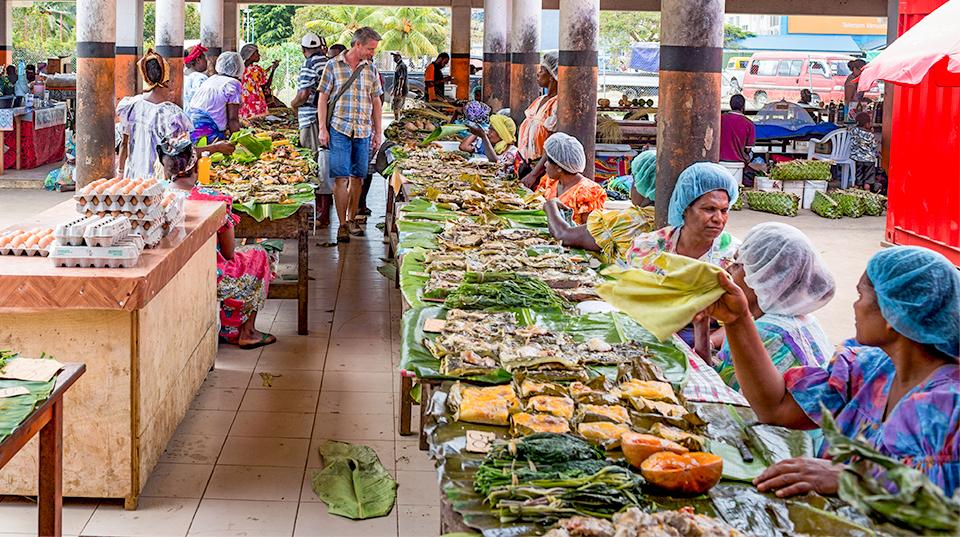Overview
This project aims to apply Critical Participatory Action Research to empower targeted communities in Community Conservation Areas to develop rights-based regenerative climate-smart ridge-to-reef landscape and food system design and management plans that support food and nutrition security and overall well-being in Vanuatu.
Climate variability and extreme weather events are affecting natural resource-dependent communities in the Pacific, impacting livelihoods and food security. Sea level rise, saltwater incursion, tropical cyclone severity, rising temperatures, ocean acidification, and precipitation patterns are causing adverse system dynamics. Integrated catchment and fisheries management approaches are crucial to address these issues.
Ni Vanuatu women play a crucial role in food security, but traditional agricultural systems often undervalue their contributions. This project aims to address gender disadvantage by implementing authentic gender-sensitive research methods and outcomes, using an embodied, place-based, community-driven approach. This will help alleviate gender disadvantage in the community.
The project team will collaborate with farmers, fishers, industry, and government groups to assess the transition to climate-smart regenerative landscapes in Community Conservation Areas and buffer areas. They will use case study methodology, CPAR, and an iterative learning approach seeking to create an informed dialogue on future livelihoods and overcome institutional and policy constraints.
Project activities and expected outcomes
- Delivering a workshop to develop criteria for community selection.
- Reviewing Community Conservation Areas Management Plans and their implications for Community Based Adaptation and climate-smart ridge-to-reef landscapes.
- Reviewing historical and current resource use data to identify knowledge gaps.
- Integrating ecosystem characterisation with cultural land management methods and forming statements of management model design
- Assessing participatory vulnerability and risk to determine how different factors like age, marital status, ethnicity, gender, or class affect how people (and members of the same household) experience and respond to risks.




